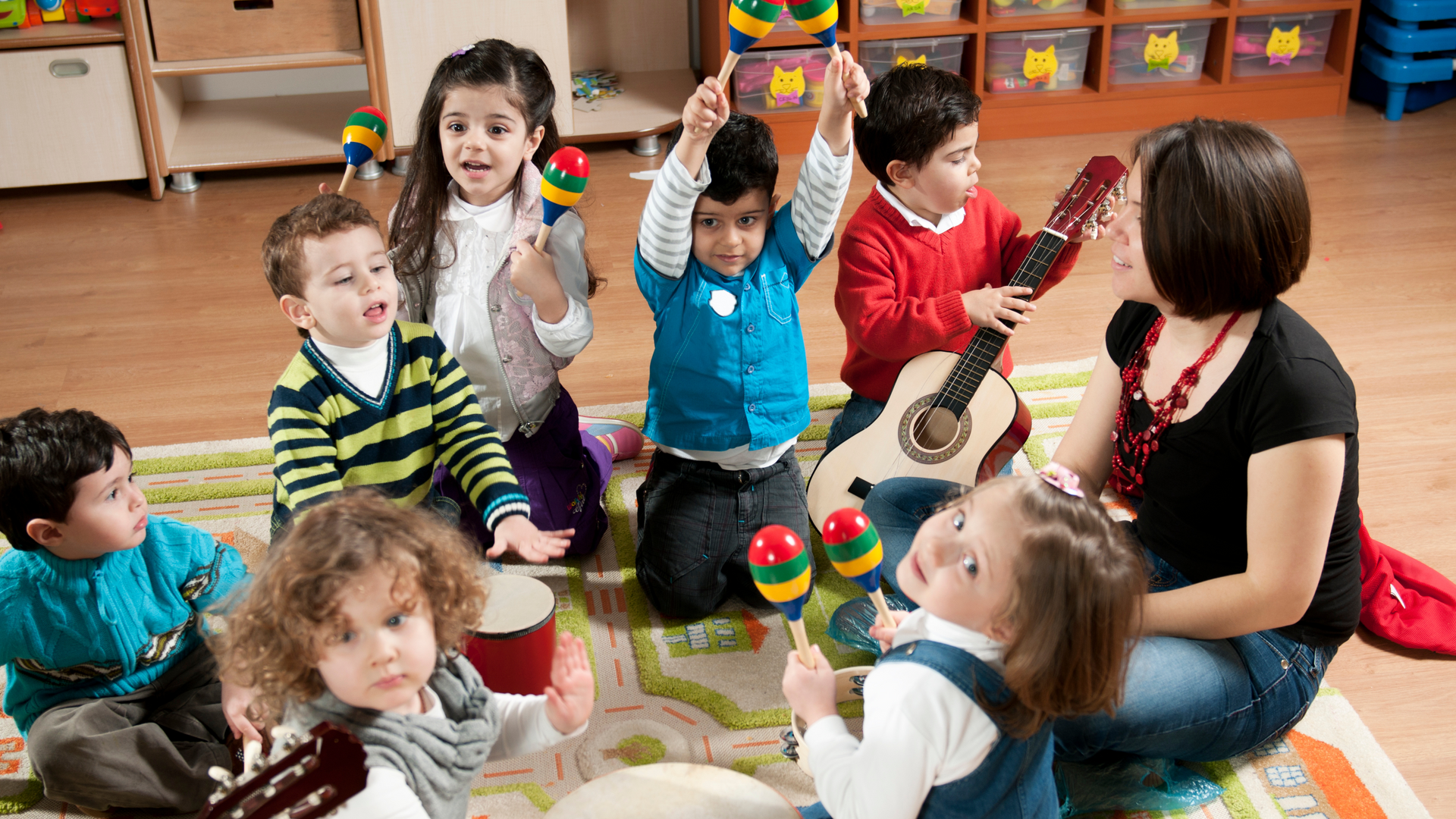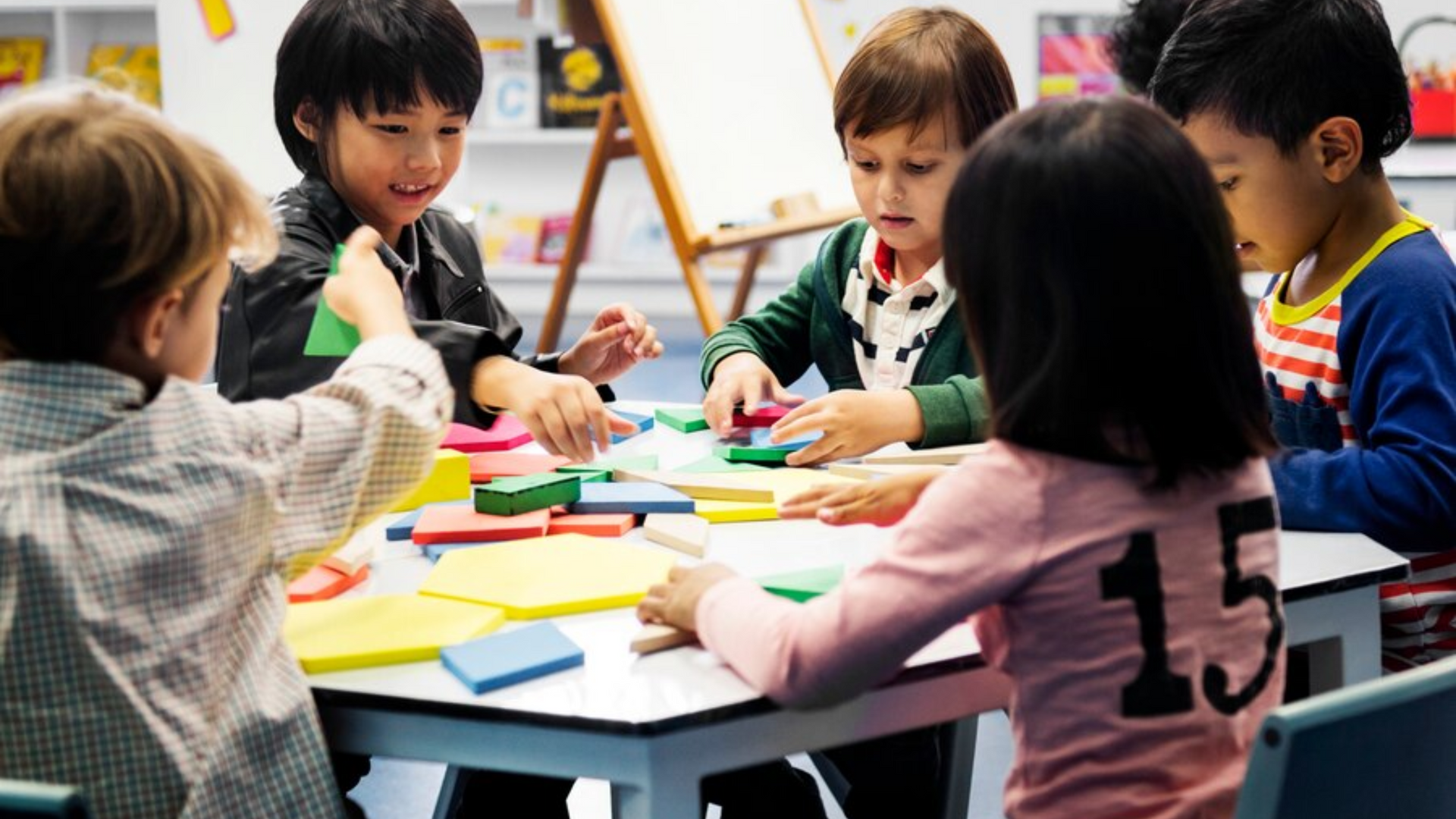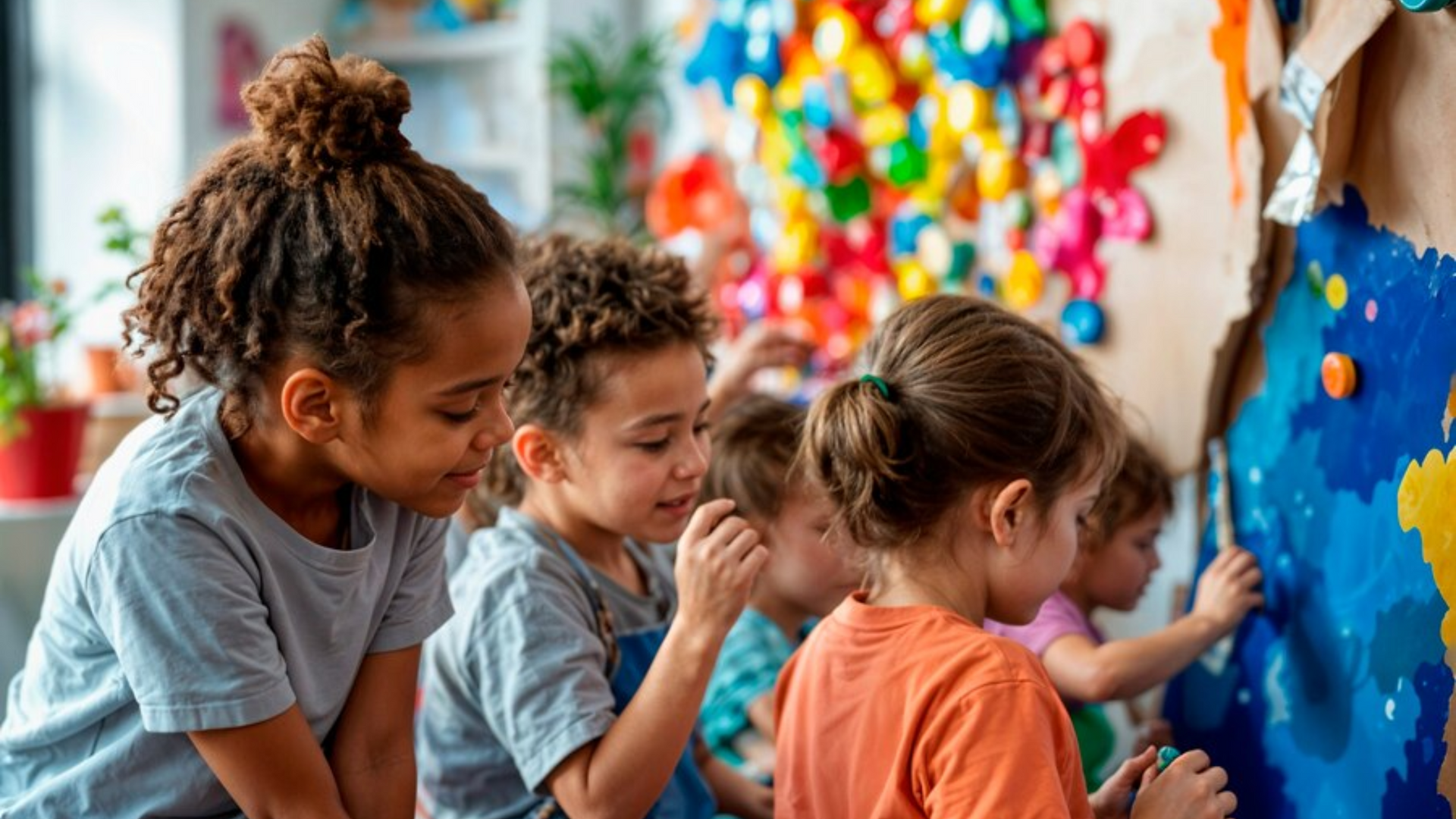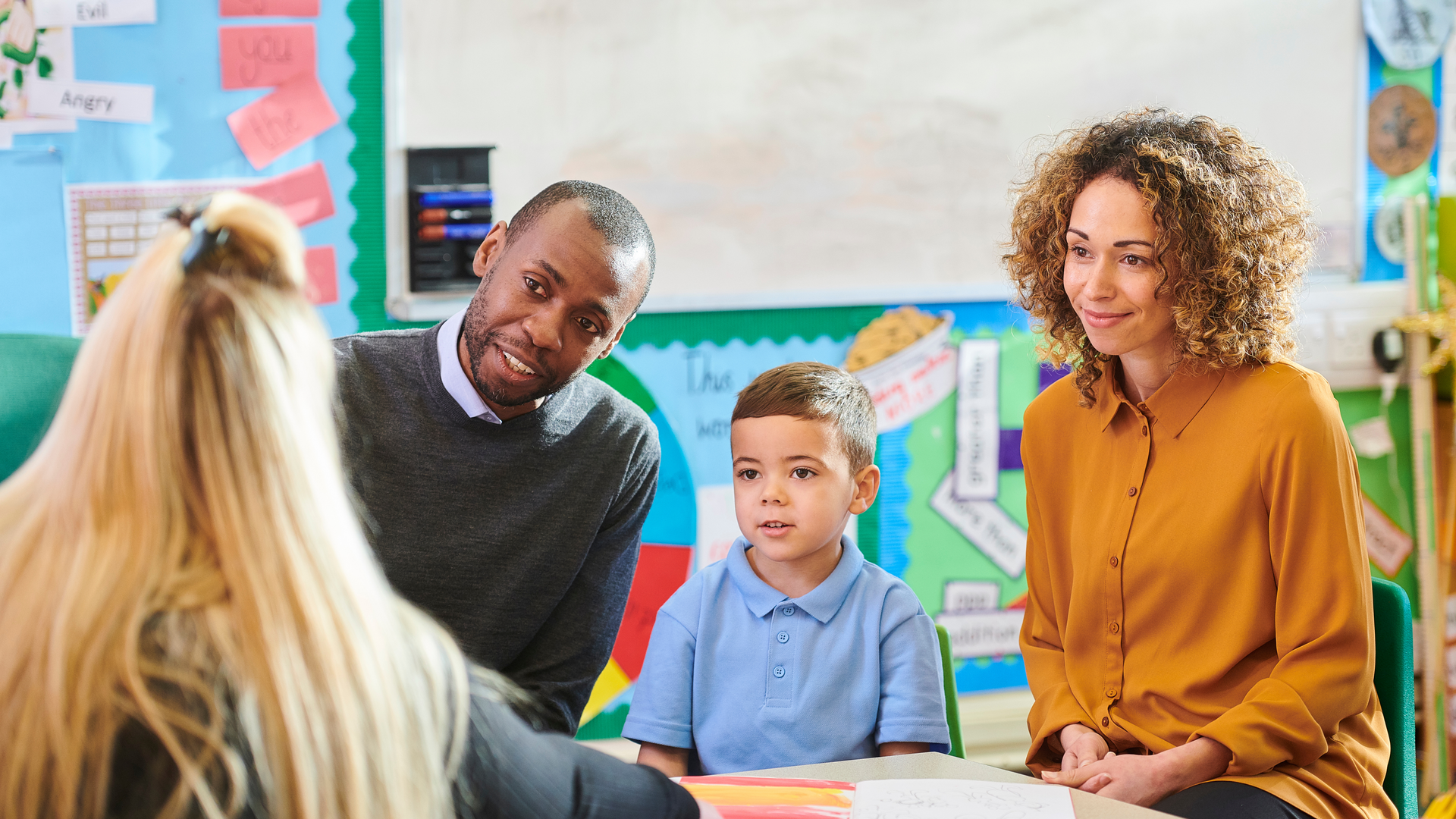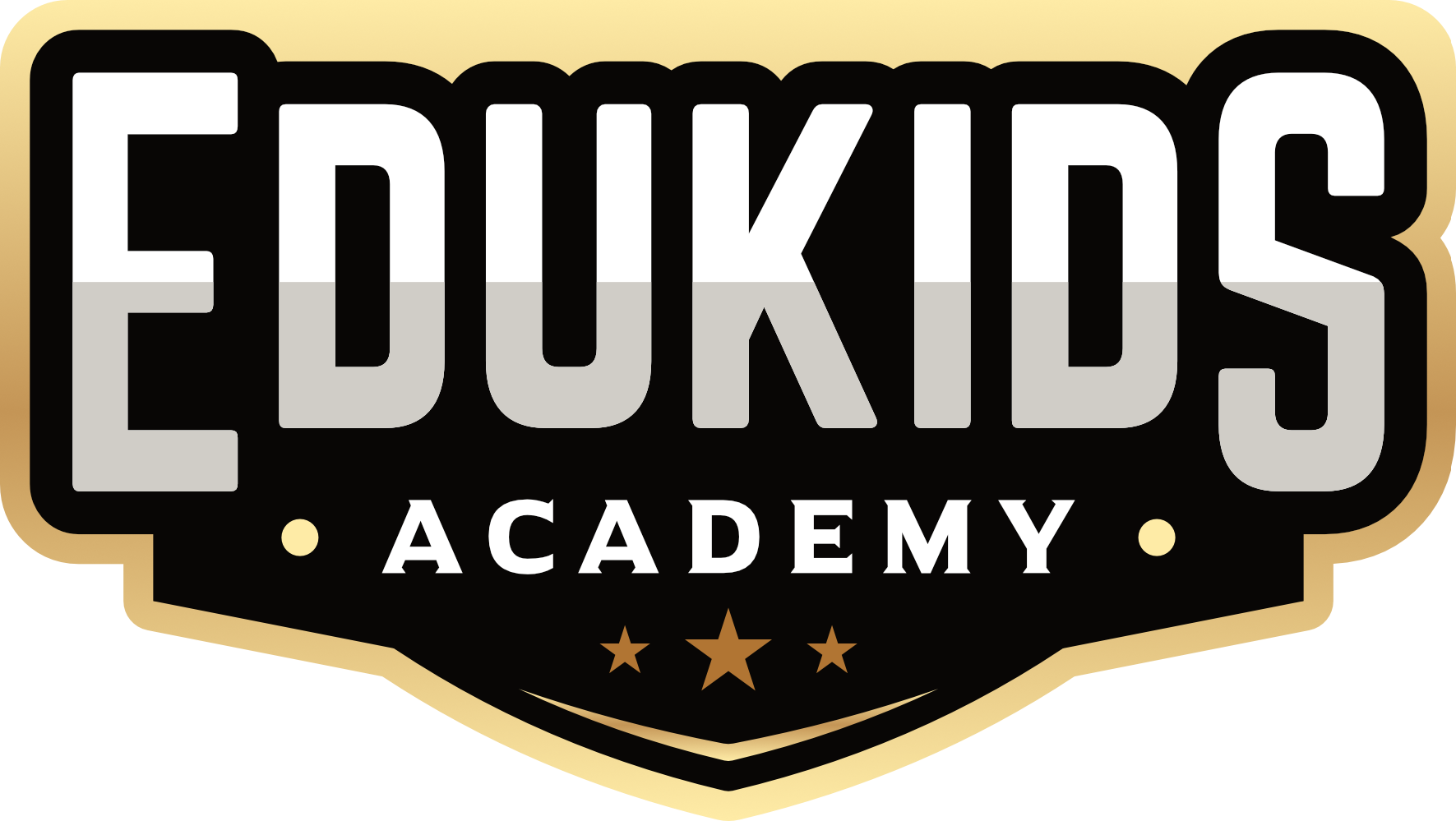Raising Curious Learners: How to Encourage Questions and Exploration

At Edukids Academy, we believe curiosity is the fuel that powers lifelong learning. From a child’s first “Why?” to their countless questions about the world around them, curiosity is a natural, powerful driver of intellectual development. The more children are encouraged to ask questions, explore their surroundings, and engage with new ideas, the more they grow into confident, capable learners.
In today’s fast-paced world, fostering curiosity in young learners has never been more important. Curiosity not only enhances academic success—it builds critical thinking, creativity, and a passion for discovery that children carry into adulthood. As educators and parents, it’s our responsibility to cultivate environments where curiosity thrives.
Why Curiosity Matters in Early Childhood
The early years of life are a time of rapid growth and development. During this period, children's brains are especially receptive to learning. When we support their natural desire to explore, we strengthen the cognitive and emotional pathways that influence future learning.
Studies show that curiosity is closely linked to greater academic achievement, particularly in literacy and math. Children who are encouraged to ask questions and seek answers develop a deeper understanding of concepts and are more motivated to learn. Curious learners are also more resilient, adaptable, and socially engaged.
But the benefits of curiosity extend beyond academics. Encouraging exploration and inquiry helps children:
- Develop problem-solving skills
- Build independence and confidence
- Enhance language and communication abilities
- Form stronger social connections
In essence, curiosity prepares children not just for school, but for life.
How to Nurture Curiosity at Home and in the Classroom
Fostering curiosity doesn’t require expensive tools or complicated programs. It’s about creating an environment where questions are welcomed, exploration is encouraged, and learning is a joyful experience.
Here are some simple but powerful ways to support curious learners:
1. Welcome Every Question
Children are naturally inquisitive. Instead of brushing off their constant “whys,” take time to listen and engage. If you don’t know the answer, model curiosity by saying, “That’s a great question—let’s find out together!”
This not only validates their interest but shows them that learning is a collaborative, ongoing process.
2. Provide Open-Ended Materials
Offer toys and materials that encourage open-ended play—blocks, art supplies, natural objects, building tools, and loose parts. These kinds of materials promote creativity and exploration because they don’t have a single “right” use.
When children are free to experiment and use their imagination, they engage in deeper learning.
3. Encourage Hands-On Experiences
Young children learn best through doing. Whether it’s mixing colors, planting seeds, building forts, or exploring textures, sensory and kinesthetic experiences activate multiple areas of the brain and help solidify understanding.
Incorporate cooking, nature walks, and science experiments into your routine to spark curiosity through hands-on discovery.
4. Ask Thought-Provoking Questions
Instead of providing all the answers, try asking open-ended questions that prompt children to think and respond:
- “What do you think will happen if...?”
- “Why do you think that works the way it does?”
- “How could we solve this problem together?”
These types of questions inspire critical thinking and problem-solving.
5. Explore the Outdoors
Nature is a classroom like no other. From bugs to clouds, leaves to puddles, the great outdoors offers endless opportunities for exploration and learning. Encourage children to observe, collect, and ask questions about the world around them.
Spending time outside also supports physical development, reduces stress, and enhances mood.
6. Create a Safe Space for Exploration
Curiosity can sometimes lead to messes and mistakes—and that’s okay! Create an environment where it’s safe to experiment, get messy, and try new things. When children know they won’t be judged or punished for making mistakes, they’re more likely to take intellectual risks.
This kind of emotional safety fosters innovation and deeper learning.
7. Model Curiosity Yourself
Children learn a great deal by watching adults. Show your own curiosity by reading, asking questions, visiting new places, and learning new skills. Share your interests and let your child see you making discoveries of your own.
When curiosity is a family or classroom value, it becomes part of the child’s identity.
Edukids Academy: A Home for Curious Learners
At Edukids Academy, curiosity is at the heart of everything we do. Our curriculum is designed to spark interest, inspire discovery, and nurture a love of learning. Through hands-on activities, exploratory play, and inquiry-based learning, we help children develop the skills and mindset of curious thinkers.
Our educators are trained to guide and support children as they ask questions, test theories, and explore new ideas. We believe that every moment is an opportunity to learn, and we create an environment where every child feels empowered to be an active participant in their education.
From science experiments and story time discussions to imaginative play and collaborative projects, curiosity drives our daily activities. We don’t just answer questions—we encourage children to ask more.
Supporting Curiosity with Family Engagement
Families play a vital role in nurturing curiosity. That’s why we keep parents informed and involved through daily updates, workshops, and collaborative goal-setting. We provide resources and suggestions for extending curiosity-driven learning at home, creating a seamless connection between school and family life.
When children see that both their teachers and caregivers value questions and exploration, their confidence and enthusiasm for learning soar.
Conclusion
Raising curious learners means preparing children for a future filled with possibility. In a world that values innovation, adaptability, and lifelong learning, curiosity is one of the most important traits a child can develop.
At Edukids Academy, we’re proud to be a place where curiosity is not only encouraged—it’s celebrated. Our goal is to inspire children to explore boldly, think critically, and approach the world with wonder.
If you're ready to give your child the benefits of a curiosity-driven education, it all starts with the right environment and support. Learn more about the 7 Advantages of Early Childcare Enrollment and discover how to Secure Your Child’s Spot in a Top Orlando Childcare Program. These helpful resources will guide you in making the best early learning decisions for your little explorer.
